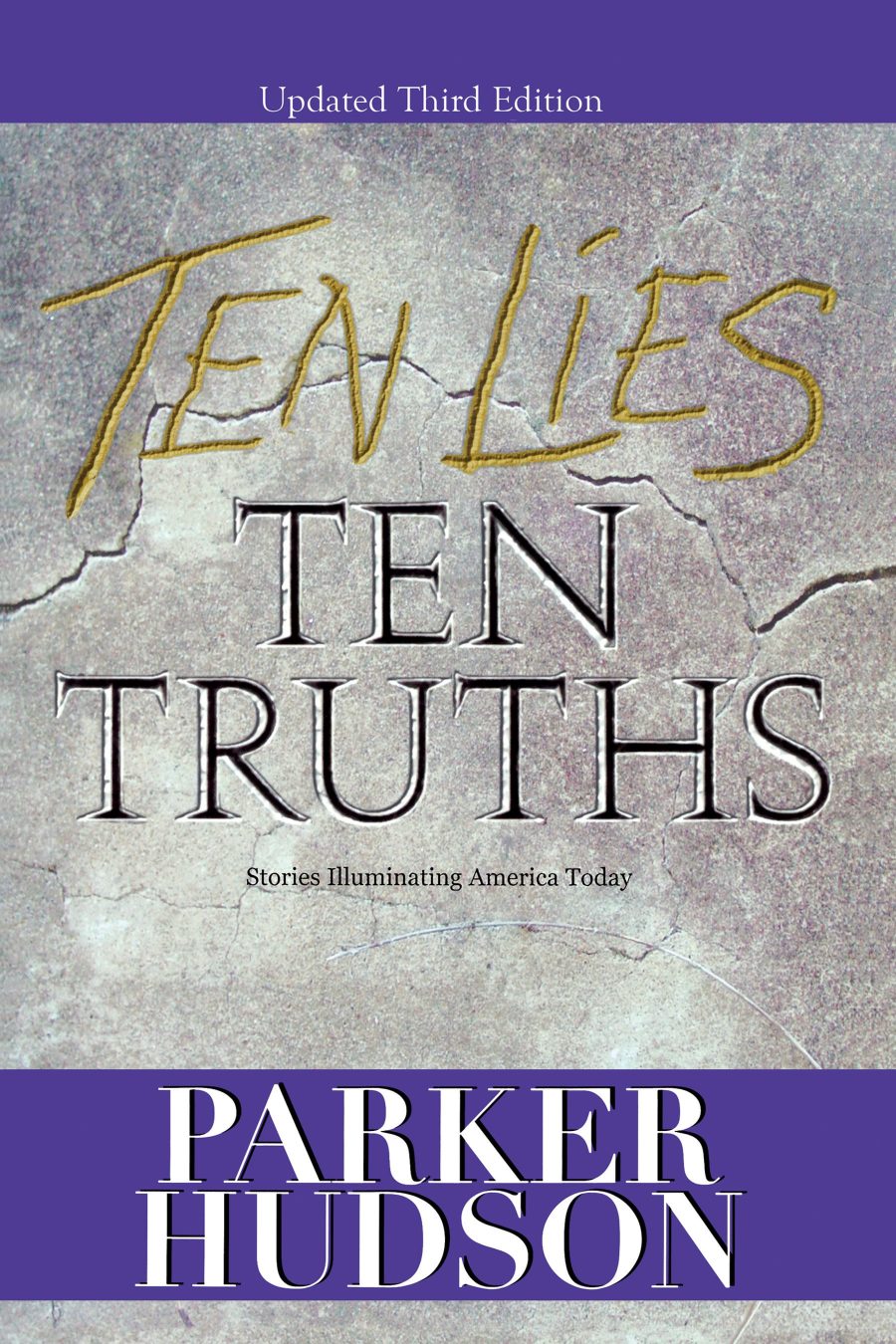The effects of drugs and alcohol can be devastating. In an earlier post (May 18, 2011) we made the case for legalizing drugs as the least bad of all the bad options. If one could purchase drugs like one does alcohol, then all the crime and violence required to create, distribute, and pay for these drugs would instantly disappear.
In that post we focused on the micro side, on doing away with the “pusher”, the last one hooked who must then push drugs onto others in order to pay for his or her own habit. Yes, legalized drugs would be less expensive, so maybe more people would try them. But, assuming that there would be no advertising permitted, there would be no “marketing”, no personal pusher networks actively trying to hook the next friend or family member. Some would still do drugs, which is terrible. But not as terrible as doing drugs plus the crime and violence to make it all happen. And all the terror in Mexico, and along our border.
I am brought back to this subject by two recent discoveries. The first is Ken Burns’ excellent documentary on Prohibition (https://www.pbs.org/kenburns/prohibition/). One cannot fail to see the parallels with today, from the terrible toll of alcoholism before Prohibition, to the continuing terrible toll of alcoholism plus organized crime, murder, graft, and flaunting of the law during Prohibition.
Burns points out a connection that I had never made before: the coming together of the Temperance Movement and the Progressive Movement to insure the passage of the Eighteenth Amendment to the Constitution, and then the Volstead Act. The Progressives favored Prohibition partly as a program to make us “better” people. But primarily they supported it because they knew that if the revenues from the alcohol tax, which prior to 1913 supplied about one third of all federal tax revenue (https://blog.mises.org/6907/prohibition-and-the-income-tax/) went away, then the new, surprisingly powerful income tax would have to be ramped up to be even broader and more “progressive”. Without the tax on alcohol, there was no other ready source of cash for government expansion than the income tax.
That revelation led me to the modern writings of Jeffrey Miron and Katherine Waldock. They turn the Progressives’ 1919 argument on its head and argue why legalizing drugs today would create a much needed income stream for federal and state governments
(https://www.cato.org/publications/commentary/making-economic-case-legalizing-drugs). The benefits would come from increased tax revenues, and from the decreased cost of drug enforcement by resource-strapped law enforcement agencies at all levels.
I don’t like this conclusion, but I see no other that has a chance of reducing the crime, family destruction, graft, and general lawlessness created by the illegal drug trade.
So, from both a classical micro and macro economic viewpoint, it makes sense to end the War on Drugs, like we ended Prohibition. In both cases, cash for the government’s voracious appetite might influence what should be a moral and practical argument. But governments understand cash, and right now taxing the inevitable seems preferable to trying—unsuccessfully for decades—to stop it.


Comments